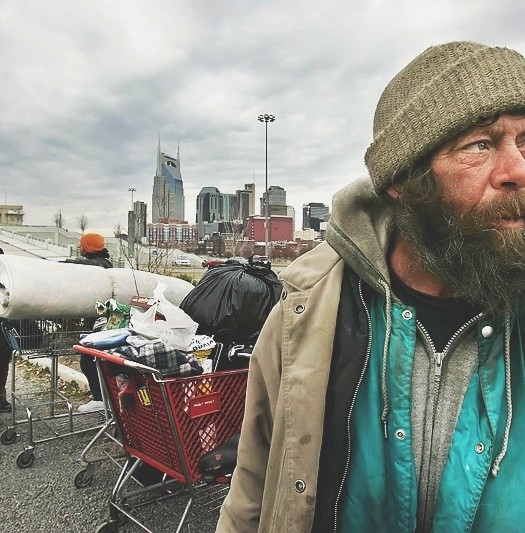The Impact of the Water Crisis on Families Around the World

Photo by Esther Havens
Around the world, people have found new life because of clean water. Access to abundances of clean water is an issue many people deal with every day. According to the World Health Organization, 844 million people lack a basic water source. From urban to rural parts of the world, the distance from water sources becomes larger. Internationally, many individuals have to walk hours to retrieve water from a dirty source, such as a river.
In Africa, women cook, clean and retrieve water. These women wake up in the early hours of the day to walk three to four hours to obtain dirty water that animals and bacteria also share. Children are also a critical part of survival because they help their families by retrieving water from wells and rivers. This task often deprives children of an education.
As women and children are often traveling for water during the dangerous dark hours of the day, they can be vulnerable to attacks by animals or men. “Women are outcast if they are raped,” said Tara Stahle, Field Strategy Coordinator, Global Aid Network. “And hyenas often attack people traveling late at night or early in the morning, attempting to retrieve water for survival.”
In some European countries, irrigation systems are funded by the government. Citizens use this water, but refugee camps or isolated villages do not have access from these main systems which leaves them in desperate situations.
“Overall, water efforts are not a huge focus of most humanitarian groups,” said a worker for a non-government organization in East Africa. Another worker describes how humanitarian organizations need greater financial resources to provide clean water.
Unclean water, which can lead to parasites, giardia, diarrhea, stomach aches and other infectious diseases, is one of the largest causes of death in our world today. Many people who are affected by these diseases do not have access to healthcare, and these conditions lead to death. Children are dying each day from diseases such as diarrhea because of dehydration and unsanitary water.
One humanitarian worker recalls going to the site where a well was being drilled. Once the workers found access to water, the people began chanting “Water is life!” repeatedly. The well had drastically changed their lives. Now, this life-giving liquid is more convenient, and villagers can retrieve it more than one time per day, cook and do laundry more efficiently.
Clean water is a fundamental aspect of survival. Humanitarian organizations are working to drill wells, provide water filters and train others on critical health knowledge to provide clean water to larger masses. You can support humanitarian organizations such as Charity:Water, Generosity.org, Water.org, and Water for People by providing financial funds for drilling or repair wells or encouraging companies working tirelessly to give everyone clean water. In the future, with financial aid and support, organizations can ensure everyone in the world has access to clean water.
FROM THE EDITOR
At Conscious, we feature powerful stories about global initiatives, innovation, community development, social impact and more. You can read more stories like this and connect with a growing community of global leaders when you join as a member.



